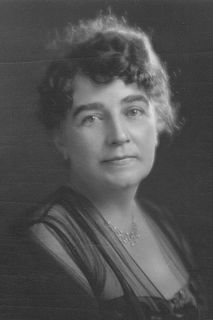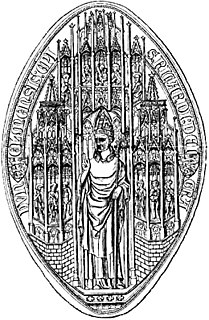A Quote by Mark Twain
A man is never more truthful than when he acknowledges himself a liar.
Related Quotes
I know men and women. An honourable man is an honourable man, and a liar is a liar; both are born and not made. One cannot change to the other any more than that same old leopard can change its spots. After a man tells a woman the first untruth of that sort, the others come piling thick, fast, and mountain high.
The library...of wisdom is more precious than all riches, and nothing that can be wished for is worthy to be compared with it. Whosoever therefore acknowledges himself to be a zealous follower of truth, of happiness, of wisdom, of science, or even of faith, must of necessity make himself a lover of books.
There is no merit in being truthful when one is truthful by nature, or rather when one can be nothing else; it is a gift, like poetry or music. But it needs courage to be truthful after carefully considering the matter, unless a kind of pride is involved; for example, the man who says to himself, "I am ugly," and then says, "I am ugly" to his friends, lest they should think themselves the first to make the discovery.
The man who is meek is not even sensitive about himself. He is not always watching himself and his own interests. He is not always on the defensive… To be truly meek means we no longer protect ourselves, because we see there is nothing worth defending… The man who is truly meek never pities himself, he is never sorry for himself. He never talks to himself and says, “You are having a hard time, how unkind these people are not to understand you.


































